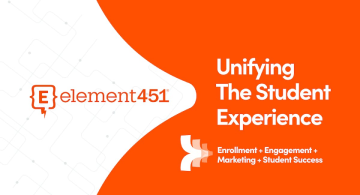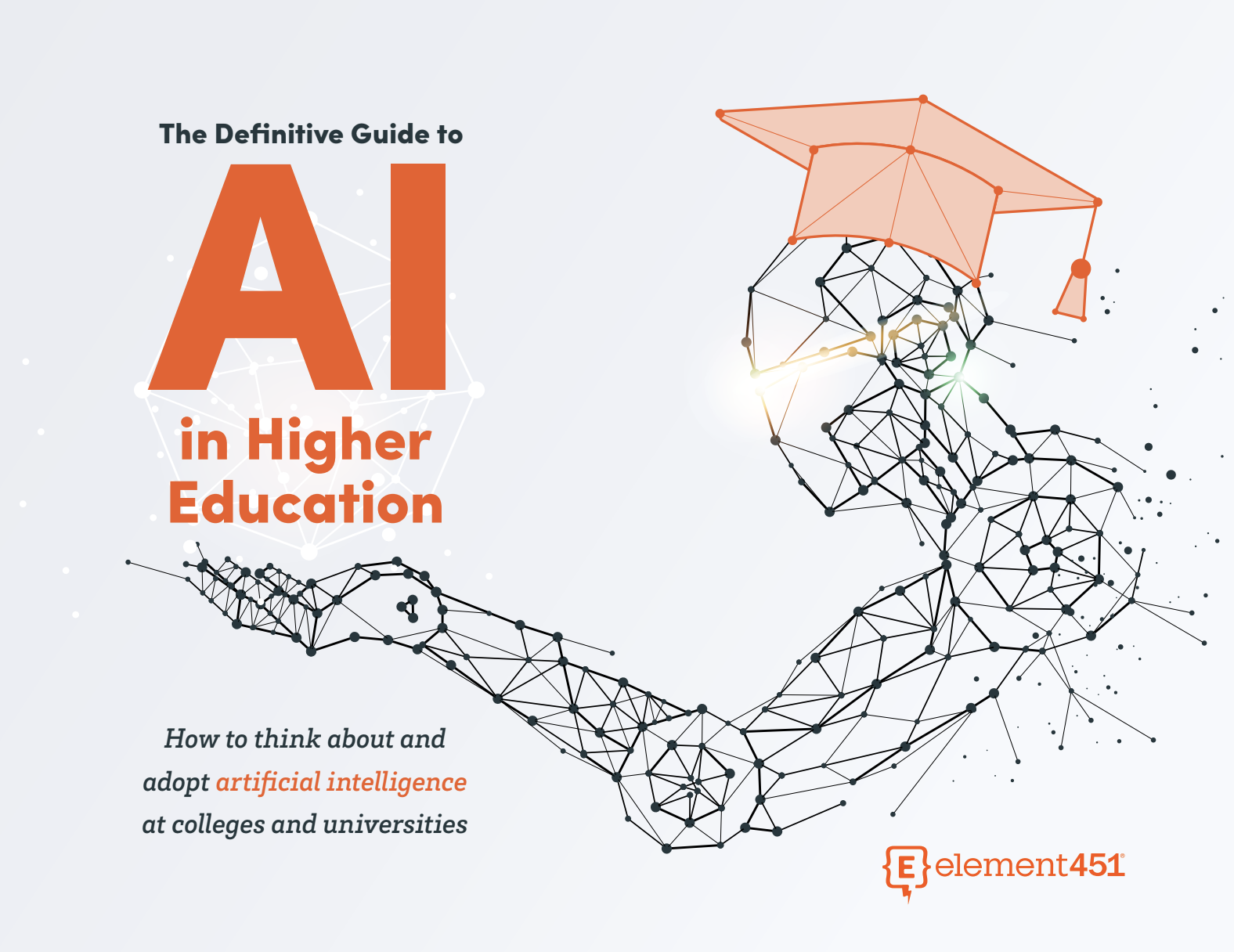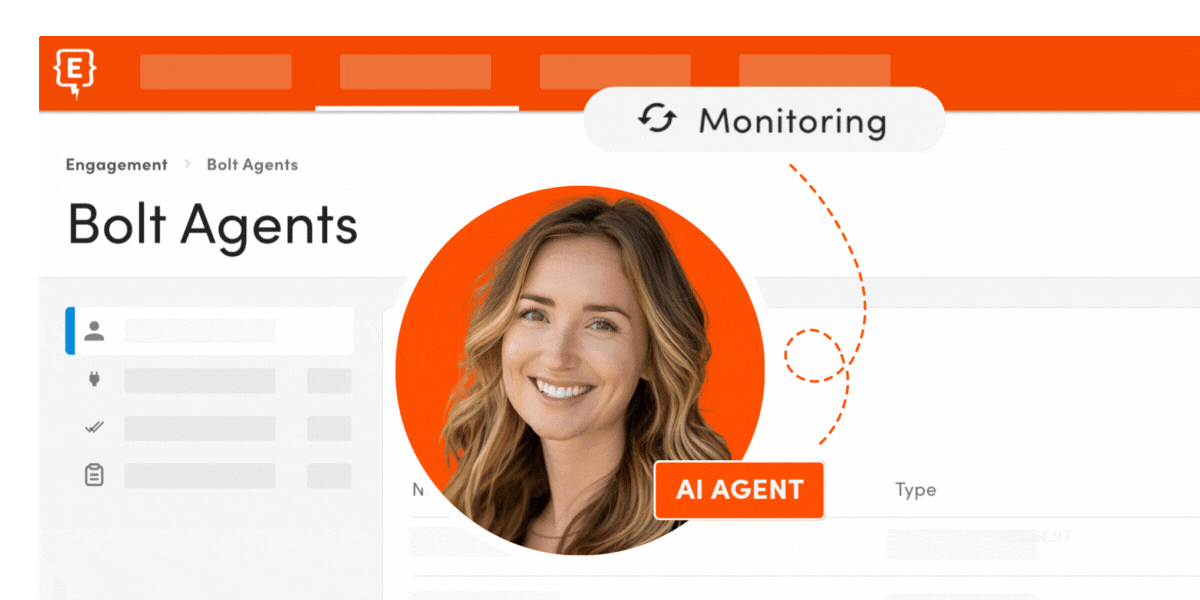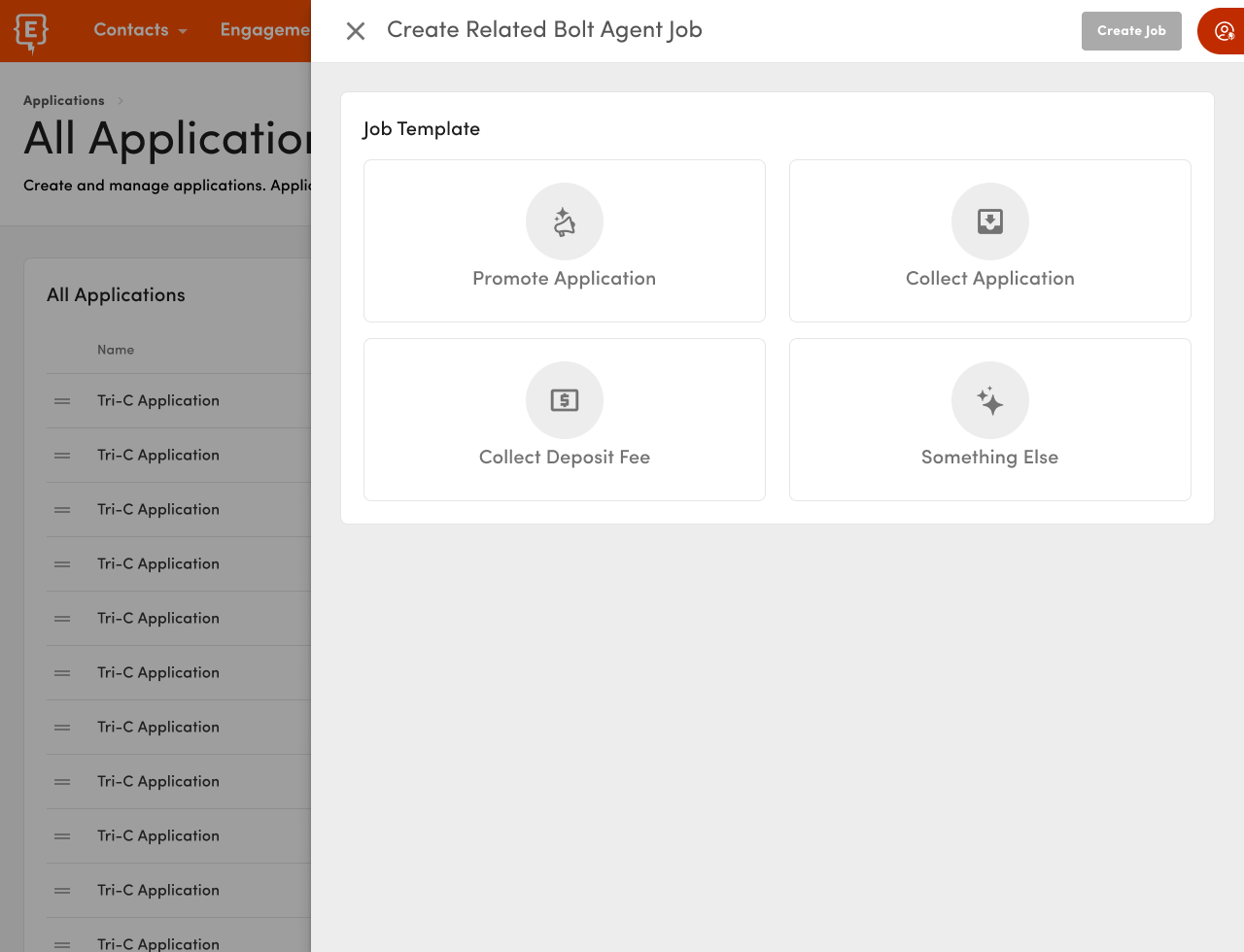How AI Can Make Sense of the FAFSA 2025-2026 Changes
by Josh Schwartz, Ed.D. · Updated Dec 16, 2024

The 2025–26 FAFSA introduced several updates to the process of applying for financial aid. Most of the changes attempt to reduce barriers and confusion for students and families completing the FAFSA. But with any change, there can be challenges for students, families, and college administrators who were accustomed to the previous format and calculation formulas. This year, however, financial aid and admissions teams have a new ace in their pocket: AI-enabled assistants and site search.
So many questions about the FAFSA (not just “What’s your school code?”) can be answered quickly and reliably with AI tools. Some schools are even seeing their AI chatbots successfully handle up to 79% of their inquiries. Read on to learn more about how higher ed institutions are using AI to maximize the new FAFSA simplifications
Major FAFSA Changes for 2025–2026
For years, many families have found the FAFSA confusing. The Department of Education created a number of key changes to the 2025-2026 FAFSA, which went live on December 1, 2024. Intended to ease the submission process, these changes include:
Simplified Form Structure: The number of questions has been reduced from more than 100 to about 40, and the form now aligns more closely with federal income tax returns, making it more user-friendly.
Multilingual Translation: Previously, the FAFSA was offered only in English and Spanish, but the application is now available in 11 languages.
"Who's My FAFSA Parent?" Tool: An online wizard now assists dependent students in identifying which parent(s) need to provide information. For dependent filers with divorced or separated parents, the parent who contributed the most financial support is required to provide their financial information. In the past, it was the parent that the student lived with the most over the previous year.
Terminology Updates: The all-important term "Expected Family Contribution" has been replaced with "Student Aid Index" to better reflect financial aid calculations. The label for the homelessness question changed from "Student Other Circumstances" to "Student Homelessness."
Changes to the Need Analysis Formula: The new need-analysis formula no longer includes the number of family members in college. It now takes family farms and small businesses into consideration and it also created separate eligibility criteria for Pell Grants.
Enhancing Student Success with AI-Powered FAFSA Assistance
Schools that integrate artificial intelligence are able to provide more comprehensive, personalized, real-time support for students completing the new FAFSA. Your students and families don’t have to waste time digging through links to find what they need—they can get answers immediately and keep working on their application.
These tools not only help students successfully apply to your school; they also ensure that students maximize their financial aid eligibility, which has a major impact on student retention rates.
Several features of AI-enabled software can support students more comprehensively when they are navigating the FAFSA.
24/7 Assistance: AI assistants, like Element451’s AI Financial Advisor offer round-the-clock guidance, helping students understand FAFSA and other financial aid questions on weeknights and weekends, when staff aren’t available.
Multilingual Support: Recognizing the diverse backgrounds of applicants, these platforms support multiple languages, ensuring inclusivity. They are particularly helpful to first-generation and non-traditional students who may be too embarrassed to approach a staff member with their questions.
Personalized Guidance: By leveraging data from your institution's CRM, AI assistants and chatbots can tailor support to each student's unique circumstances. For instance, an AI Assistant can provide information that is only relevant to their age or dependent status.
Improved Follow-Up: AI can understand the intent behind a student’s queries, delivering direct answers and asking relevant follow-up questions to keep the conversation going. Most AI assistants also make it easy for students to connect to a staff member or complete a request for information form, without additional clicks.
Common FAFSA Questions AI Can Answer
Here are just a few of the common FAFSA FAQs that an AI site search tool or AI assistant can answer in seconds, without causing a prospective student to leave your website:
- What is FAFSA?
- How do I apply for FAFSA?
- What types of financial aid are available through FAFSA?
- What is your school code?
- When will I receive my financial aid?
- What are the new changes for the 2025-2026 FAFSA?
- What is the deadline for financial aid?
- My parents don’t speak English. How can they fill out the FAFSA?
- Can you explain my aid package?
- What is the difference between subsidized and unsubsidized loans?
AI can also solve common student pain points when completing the FAFSA, such as:
- Understanding complex questions
- Providing accurate financial information
- Meeting deadlines
- Incomplete applications
- Submission delays
- Potential consequences of errors or omissions

See Bolt Discovery in Action
Replace traditional web search with real-time, personalized recommendations tailored to student interests.
Get A Demo
Streamlining Financial Aid Administration with AI
For college administrators, AI can save thousands of hours of staff time that can be spent instead on complex financial aid cases and high-touch student issues. When AI makes the process of applying easier, prospective student satisfaction rates rise—which can ultimately boost enrollment.
- Customized FAFSA Info: When a student uses an AI assistant or site search tool on your website to ask FAFSA questions, they will receive answers specific to your school’s use of FAFSA information. Helping a student connect the dots between info on the FAFSA website and your school’s FAFSA policies and processes can be a game-changer for financial aid teams.
- Record Creation: Records can be automatically created for a prospective student and seamlessly entered into your current student information system. Then, the record can also be updated for valuable context and continuity in your future interactions.
- Communication Tasks: Imagine how much more efficient you'll be by automating financial aid communication tasks like sending time-sensitive emails and texts about financial aid processes, deadlines, offer letter timing, and aid package acceptance.
- Data-Driven Insights: AI platforms offer analytics on student interactions and behaviors, helping your team identify trends in what students are looking for or gaps in your financial aid services.
- Cross-Department Collaboration: AI assistants can invite others to join the conversation with a student, so student financial services, financial aid, and admissions staff can communicate together with a student in real-time.
- Updated Source of Truth: It is difficult to stay on top of every FAFSA change. An AI assistant can scan official FAFSA instructions and guidelines in real time, as they change from year to year. This can save your team hours and hours of updating your website content and other communication tools.
Financial Aid Impact: A Case Study
Forsyth Technical Community College (FTCC) implemented Element451's AI-powered tools to enhance student engagement and streamline administrative processes, including financial aid. The introduction of Bolt AI Assistant, Element451's AI chatbot, led to a 24% reduction in incoming calls and enabled the assistant to handle 79% of student inquiries independently. This efficiency allowed staff to save over 36,600 minutes, which they redirected to more strategic tasks. Consequently, FTCC experienced enrollment increases of 12% in spring 2023 and 10% in spring 2024.
Transforming FAFSA Processes with AI
Changes to the FAFSA will continue to roll out over future years. As the FAFSA evolves, leveraging AI solutions to simplify and support the financial aid process will become increasingly crucial. The next generation of students expect personalized, real-time support, and at the same time, administrators are under increasing pressure to streamline their operations and do more with less.
AI can be a powerful solution to these challenges, while making your financial aid processes work better than ever for your staff and your students. If you’re seeking to improve your FAFSA support systems to manage ongoing changes, we encourage you to explore how Element Bolt can be integrated into your operations.
For more information or to schedule a demonstration, jump over to Element Bolt's dedicated resource page.

About Element451
Boost enrollment, improve engagement, and support students with an AI-driven CRM and agent platform built for higher ed. Element451 makes personalization scalable and success repeatable.
Categories
New Blog Posts

The Definitive Guide
AI in Higher Education
Bridge the gap between the latest tech advancements and your institution's success.
Useful Links

Talk With Us
Element451 is an AI-driven CRM and AI agent platform for higher education. Our friendly experts are here to help you explore how Element451 can improve outcomes for your school and students.
Get a Demo






